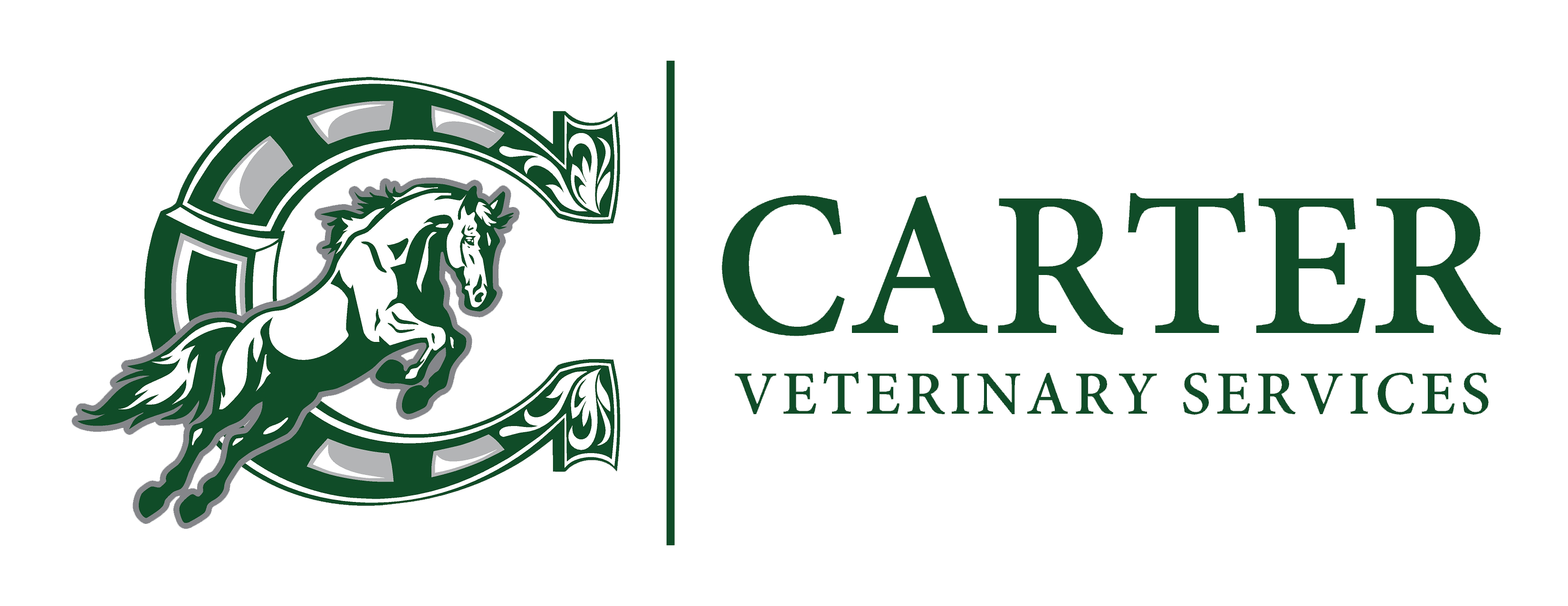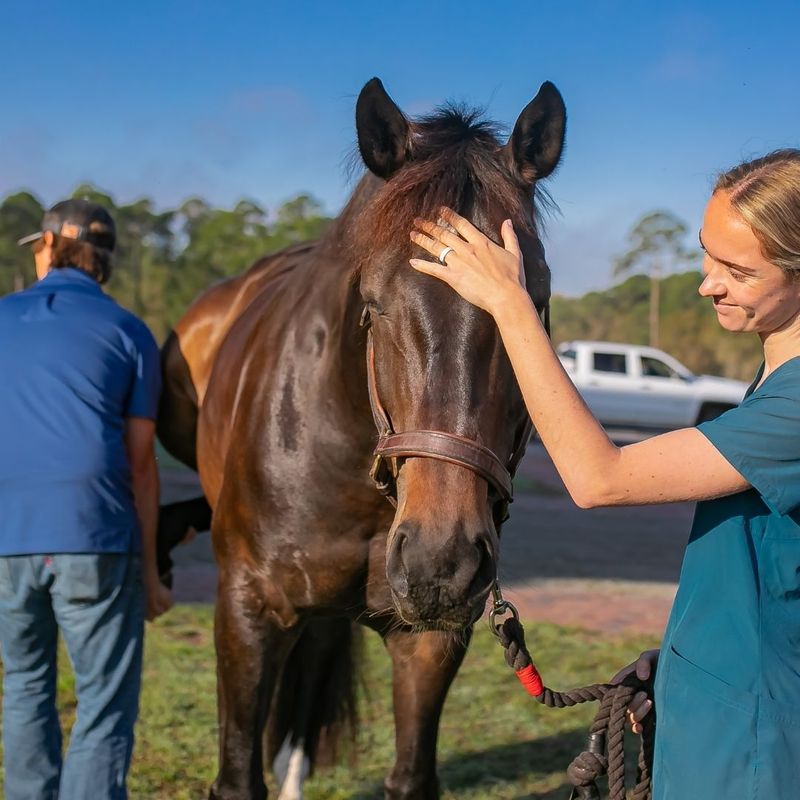Caring for horses goes beyond just feeding and grooming; it also involves ensuring their health and well-being through proper veterinary care. Vaccinations are crucial in protecting horses from various diseases, and an experienced equine veterinarian can help establish the right vaccination schedule for your horse. In this blog post, Carter Veterinary Services will discuss essential vaccinations every horse owner should know about, emphasizing the importance of proactive horse care.
Essential Vaccinations for Horses You Should Know
Essential Vaccinations for Horses You Should Know About
Essential vaccinations protect horses from severe diseases and contribute to their overall health and well-being. Working with an experienced equine veterinarian can help ensure that your horse receives the right vaccinations and maintains a comprehensive horse care regimen. Proactive vaccination not only safeguards your horse but also contributes to the health of the entire equine community. Always consult your veterinarian to tailor a vaccination schedule that fits your horse's needs and lifestyle. Contact Carter Veterinary Services for more information.








